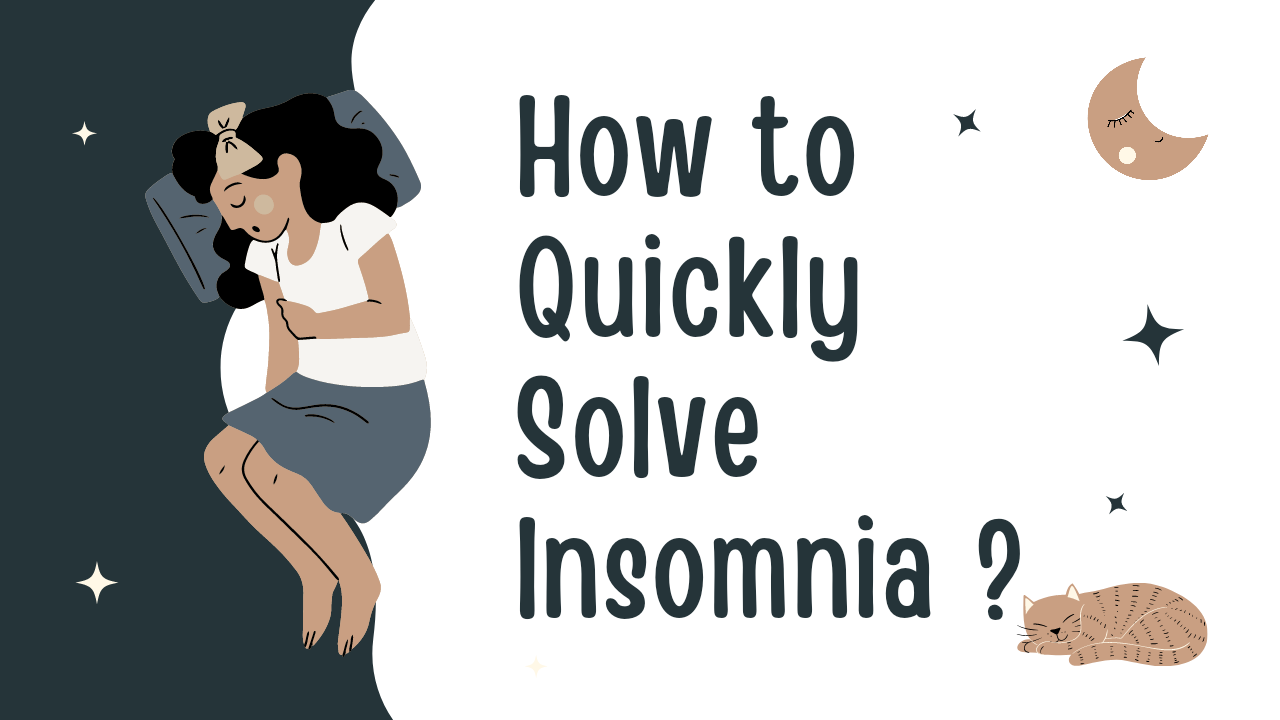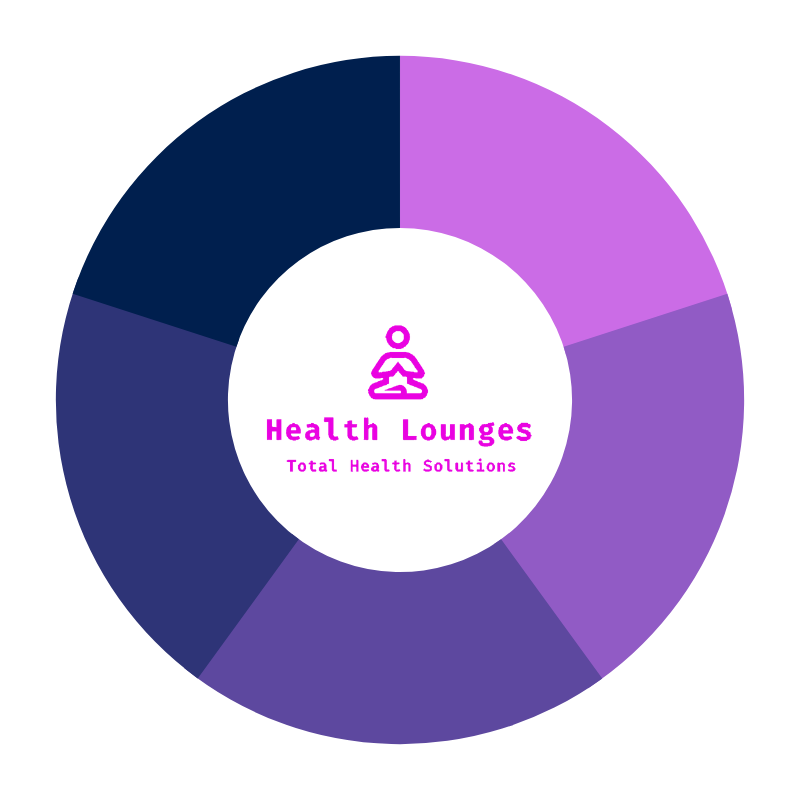The quickest way to solve insomnia

“Let Go” for Better Sleep
Insomnia is a nightmare, isn’t it?
Not so fast, says Dt. Mohit Mittal, a holistic health coach. That thinking might be part of what’s keeping you awake at night.
Dt. Mohit speaks from deep clinical experience here.
But fair warning
His advice is hard for some folks to hear.
As Dt. Mohit explained in a recent Instagram Video, “Insomnia isn’t an individual who can’t sleep. That doesn’t exist in nature because every human has to sleep,” he says.
“Insomnia is when sleep isn’t happening when you want it to, and you’re upset about it. So the quickest way to solve your insomnia problem is to be comfortable with being in bed awake at night.”
That last part frustrated some people.
They seemed to feel it was dismissive, but Dt Mohit wants to be clear: “Insomnia is a real thing. Many of us holistic experts consider it a mini-PTSD (post-traumatic stress disorder),” he says.
And he adds:
“People may see a post like this and read, ‘He doesn’t think it’s a big problem.’ No, it very much is, and it’s just not the problem people think— an inability to sleep.”
Dt Mohit goes on to say:
“If I wake up in the middle of the night and can’t get back to sleep, I’ll just read until I’m ready to relax and go back to sleep.
Now the important thing is you have to keep your schedule intact.
So when you have a difficult night, you must maintain your average wake-up time. Because if you nap or sleep late, you’ll make insomnia last even longer.
Learn to like being in bed awake.”
Granted, “learn to like being in bed awake” isn’t advice you hear daily for insomnia. And it sounds too simple to work. (“If only it were THAT easy!”)
But Dt Mohit is confident it can help a lot of people.
It’s worth noting that several folks who have successfully adopted this approach chimed in on the post. (These have been edited slightly for clarity.)
One commenter said:
“It’s hard to accept that the urge to control your sleep often worsens insomnia.
To overcome your sleep issues, you have to get comfortable with being uncomfortable and accept that you’re not in control of your body and that you’ll never force yourself to fall asleep.
Trust me; I don’t only know that because I’m a mental health expert myself, but because I learned it the hard way… letting go is never easy, but it’s a lesson you have to learn.”
Another wrote:
“This is great advice. I tend to wake at about 4 am, and the best thing that helps me is lying there just relaxing and being happy about being warm and comfortable, and it stops me from stressing unnecessarily.”
Yet another:
“I figured this out about a decade ago. I’m a super light sleeper and spend much time awake at night. I used to get anxious about it, which would keep me awake longer. Then I learned to relax and let it go. I now wake less frequently, get back to sleep faster, and suffer much less mentally.”
“Yes! I have suffered from insomnia for years… I would get so stressed about it, which negatively impacted my life… I tried all the sleep rituals, but it didn’t help.
Then one day, I talked to my manager about his insomnia and asked what he did about it.
He said, “I just don’t worry about it.” I was STUNNED. I didn’t even realize that was an option—to not stress out about it!
So I started accepting it and not stressing, and I’ve been happier ever since.”
And our favorite:
“That which you resist persists.”
Does one single approach work for everyone?
Of course not.
But adjusting your mindset is something most anyone can try, and there’s little in the way of downside.
Dt Mohit says he’s even learned to think of those periods of unplanned wakefulness as a “lovely time.” Maybe you can, too.
For instance, you can use this quiet time to think about an incredible gift you could get for your partner or fun things you’d like to do in the future. (You might think of this as daydreaming at night.)
The take-home message: “It doesn’t have to be a negative experience,” says Dt Mohit.
So…
Take that insomnia!
Mindset is just one way to solve sleep problems. If you’d like to go even deeper and learn more strategies to help yourself sleep better and get the deep rest you truly deserve, check out our Recovery, Sleep and Stress Management Coaching Program. (The next session opens soon.)
Until next time,
- The HL Team
